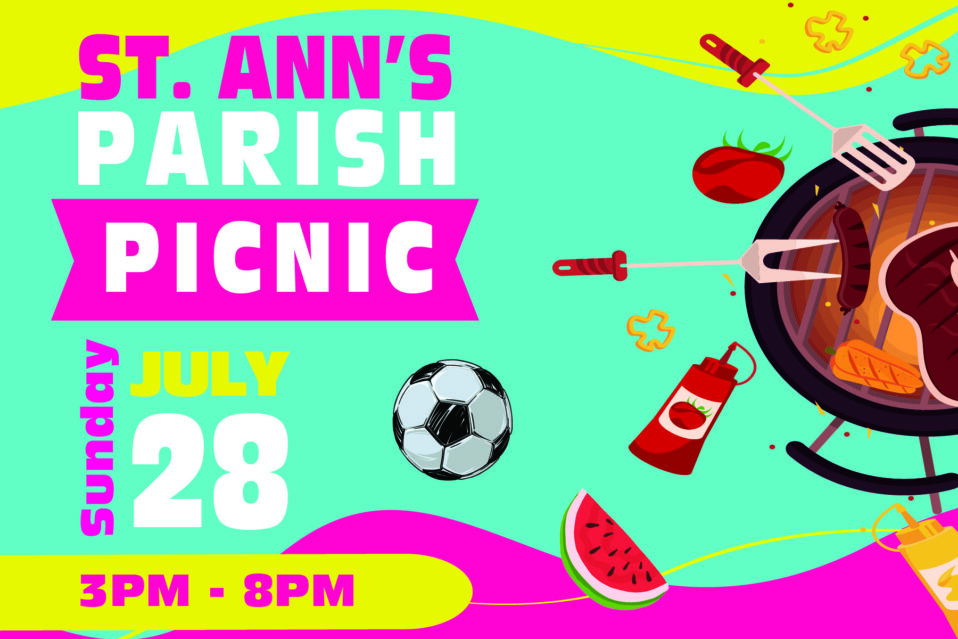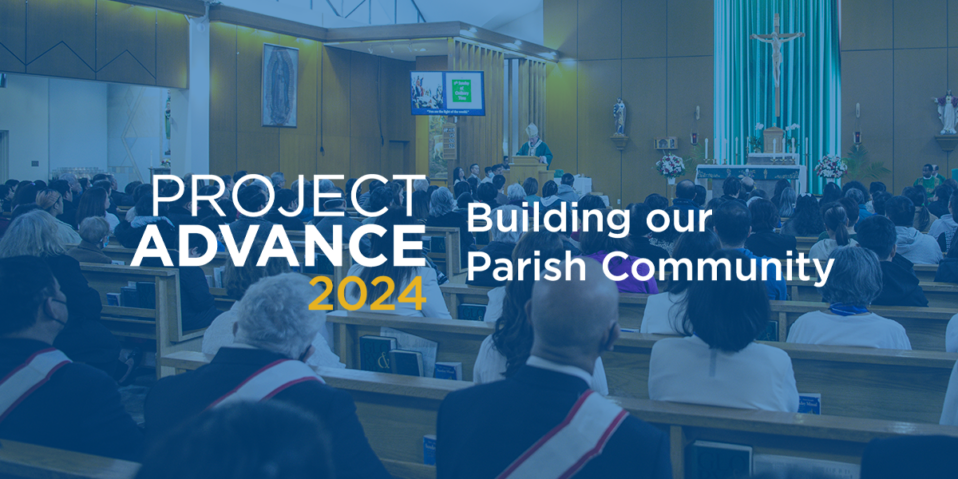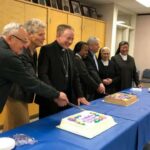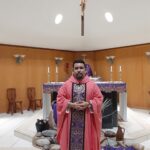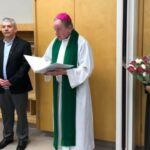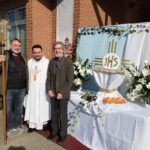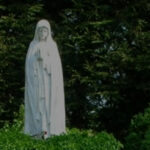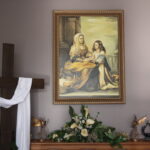By Fr. Hien Nguyen
Theocentric / Rational-Spiritual Level / Unitative
This purgation was even more profound when they escaped from Vietnam by boat and became a refugee in Indonesia under the protection of the United Nations. John began to walk a new journey in his life of faith.
It was providential that God allowed these experiences to happen to him and his family. The moment John learned to let go was also the same moment when he started to trust God more. He started to discover the meaning of life, its purpose and its end. He experienced the lasting happiness was his God who is “above all health and beauty, above all glory and honour, above all power and dignity, above all knowledge and subtlety, above all riches and arts, above all joy and exultations, above all hope and promise, above all merit and desire, above all gifts and graces…”
During this period of John’s life, he started to be transformed and entered into what Lonergan called the Religious Conversion. It was a “total and permanent self-surrender without condi ons, quali ca ons, reserva ons.” John Terminal Value became God and other values such as: charity, obedience, hope, faith, chas ty, etc. became the Instrumental Values (means).
John began to look outward to others and upward to God. He desired to do good for others and to choose for the sake of others and God (not because he has to but because he wants to). He started to go to Church not because of his parents’ desire but because he personally loves God. He experienced God’s mercy and love for him and his family. John started to pray not just as an obligation but because he wanted to. It gave him joy and consolation.
Living this relationship with God in the integration of the objective and subjective was not easy. There were occasions of temptations to return to his subjectivism. To make a choice out of love toward the Objective pole (God) require the letting go of the actual self or to make the self part of the objective pole. Like Van Thuan Xavier, the Servant of God, who said in his writing, The Road of Hope, “the choice is between holiness and sin. In many instances, holiness or sin is the result of victory or defeat in one moment requiring sacrifice. And if you wish to avoid suffering, do not expect to become a saint.” To choose God and His will require tremendous sacrifices. It is the choosing of the Cross – the development of Orthopathy – where “satisfaction or renunciation, acceptance or refusal, expression or control, when to cope with or confront the potentialities, the needs, the desires and the emotions on one side, but also the meanings, the reasons, the horizons of possibility for these dynamic choices; these become the eld of encounter of every personal and free motivation.”
T. Kempis, Imitation of Chris, Transl. M. Nazarene 2008, 122.
B. Lonergan, Method in Theology, 240.
T. V. Nguyen, The Road of Hope, Boston 2001, 38, n. 172
John learned to be more available and ready (willingness). He assimilated the way of humility. He discovered the meaning of submission and “seek not my own will, but the will of Him who sent me” Jn 4:34. With this attitude, he responded to God’s call to a life of service, self giving, and of sanctification. He answered the Lord’s calling by entering the seminary for his formation.
It was during the time in the seminary that John found the object of his desire was the Lord. The substance of his life is love. The mode of his action was the Grace of Christ in the Spirit. The condition of his action was total and free for the kingdom. He perceived that “if I love heaven, I love to think of heavenly things. If I love the world I rejoice at the prosperity of the world. If I love the flesh, my imagination is often on the things of the flesh. If I love the spirit, I enjoy thinking of spiritual things. For whatsoever things I love, of the same I love to speak and hear, and carry home with me the images of such.” Therefore John increasingly loved God. The bond of his rela onship with Him grew stronger and closer. He desired the Lord more and more. He began to thirst for Him and hunger for His truth. He immersed himself in His Words and the sacraments. “[he] had rather be poor for [God] sake, than rich without [Him]. [John] prefer to sojourn upon earth with [God] than to possess heaven without [Him]. It was through this experience of his rela onship with the Lord that helped him have the courage to con nue to walk in the discernment period and to respond to the call of “come follow me!” Lk 18:22.
I want to include this real life story in this chapter to give us a perspective of how a young person responding to God with all the dimensions integrated together. The story provides us the structure and helps us understand the human dynamic of what we need to do to create and promote a Vocation culture.


